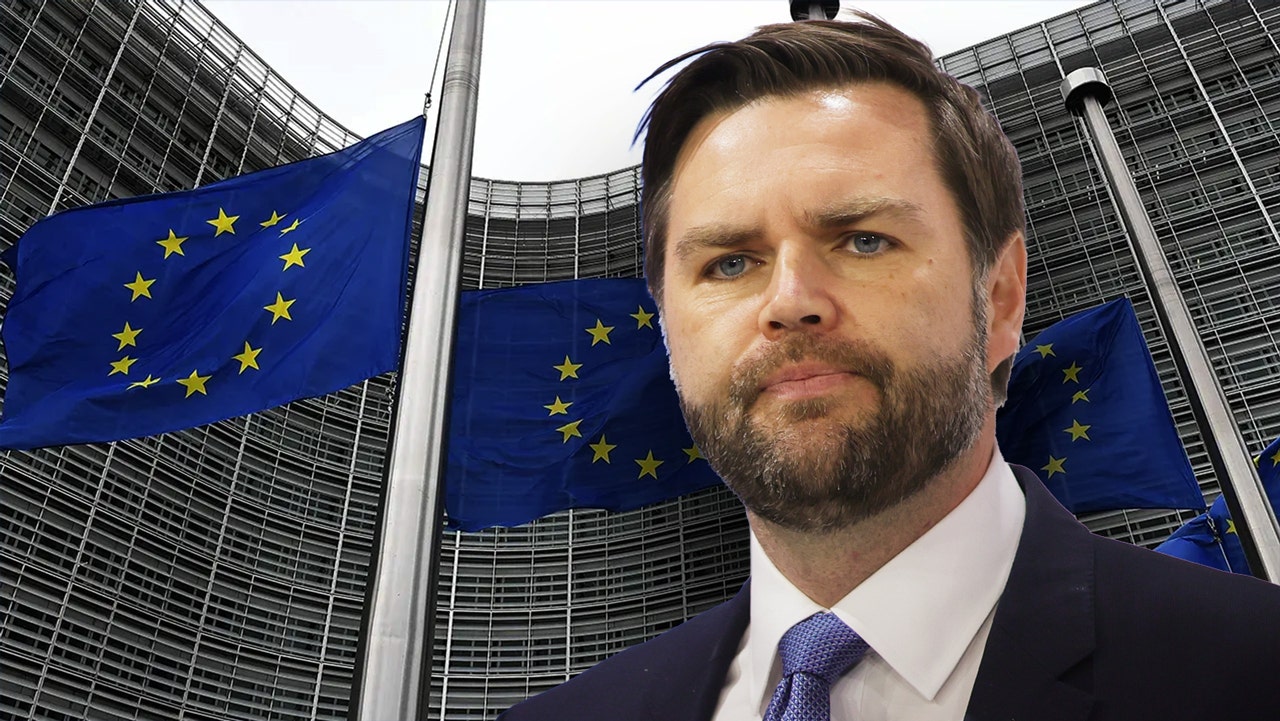The breathtaking video, 36 shaky seconds that leave little room for the imagination, shows how Travis McMichael fires three shots at point-blank range at Ahmaud Arbery, an unarmed black man, 25, who had gone out that Sunday in February 2020 for a run for a residential suburb of Brunswick, in the State of Georgia. Gregory McMichael, a 65-year-old former police officer and his father, contemplates the scene, gun in hand, climbed into the back of an open truck, with which both had cornered the victim after chasing her for five minutes. A third man, William Roddie Bryan, 52, records with his mobile from inside his vehicle, aboard another van that had joined the chase when he saw them pass in front of his house. In the video, leaked on social networks in May last year by the father, you can hear how Bryan also loads, out of shot, his revolver.
After 10 days of testimony in a Brunswick court, this Monday began the final statement of reasons for one of the trials that has aroused the most expectation in recent times in the United States. The three defendants face nine charges, including murder and aggravated assault. The overwhelmingly white jury (only one of the 12 members is African American in a state with 30% black population) will have to resolve two fundamental issues. The first: did the McMichaels and Bryan have the right to chase Arbery around their neighborhood? The defense, which hides behind the figure of “citizen arrest”, alleges that they did so in the face of a growing wave of crime and that they were only defending their own; The prosecution, which asks that this death not go unpunished, has again denied it and defined the event last week as “a lynching brought up to date.” “The three defendants chased Arbery just for being a black man running down the street. They killed him not because he posed a threat, but because he did not want to stop to talk to them, ”prosecutor Linda Dunikoski argued this Monday, according to the AP. The McMichaels told police that day that they had seen the victim in video footage taken several times enter a home under construction on the same street as they lived. According to his relatives, the boy was a sports lover, a high school football star and a “good and generous” man.
The second question is: When 35-year-old Travis McMichael shot … was he acting in self-defense, as lawyers contend?
Travis told jury Wednesday that he was only trying to hold Arbery until police arrived. And that when he drew his weapon he trusted him to surrender. He fired, he added, feeling that Arbery could snatch it from him. McMichael did not say that, according to the summary, one of the three made a racist slur moments after Arbery’s death. Nor that his truck sported a Confederate flag on the license plate, a symbol associated with nostalgia for slavery.
The three defendants were not arrested until a few months after that Sunday. According to the Georgia law, which carries rules inherited from the times of the Civil War, apparently they had done the right thing by relying on the figure of citizen arrest, which was in force between 1863 and last year and which in times of slavery and lynchings it served to exonerate those who took justice into their own hands. The leak on social networks of Bryan’s video was what prompted the state police to take the reins of the case, until then in the hands of local agents, and to press charges.
The trial has had a wide national follow-up instigated by the Minneapolis asphyxiation murder of George Floyd, which caused a huge wave of outrage across the country and set the Black Lives Matter movement ablaze. Despite its undeniable racial component, the defense has tried to keep the issue out of the courtroom, at whose doors dozens of activists of the black cause have gathered on Monday, including well-known community leaders such as Jesse Jackson or Al Sharpton. One of the lawyers complained last week about the presence of “black priests” in the public, claiming that it was putting pressure on the jurors. He had to apologize for the comment.
Join now MRT to follow all the news and read without limits
Subscribe here
The acquittal last Friday of Kyle Rittenouse, who was accused of killing two (white) men and wounding a third during a demonstration called during those protests, has intensified in recent days the focus on the verdict of the case that is now judges in Georgia, with which he shares the allegation of self-defense and an interpretation of the second amendment, which guarantees the use of weapons to US citizens, difficult to understand from a European perspective. It is not because in some states it is legal to own weapons, it is also allowed to carry them in full view of the world, even if you are a 17-year-old boy, like Rittenhouse when the events occurred. Both cases are similar (also to that of Geroge Floyd) in that an amateur video has allowed the public opinion to judge what happened that day for itself.
“The three defendants chased Arbery just for being a black man running down the street. They killed him not because he posed a threat, but because he did not want to stop to talk to them, ”prosecutor Linda Dunikoski argued this Monday, according to the AP. The McMichaels told police that day that they had seen the victim in video footage taken several times enter a home under construction on the same street as they lived. According to his relatives, the boy was a sports lover, a high school football star and a “good and generous” man.
They still have another pending process. A federal court has charged the McMichaels with hate crimes and attempted kidnapping. Father and son have pleaded not guilty.
Follow all the international information at Facebook and Twitter, o en our weekly newsletter.
Disclaimer: This article is generated from the feed and not edited by our team.



















Discussion about this post